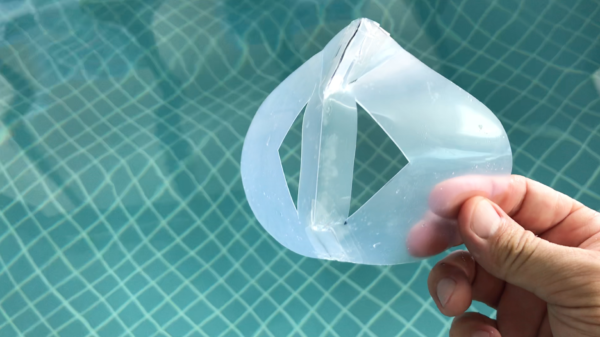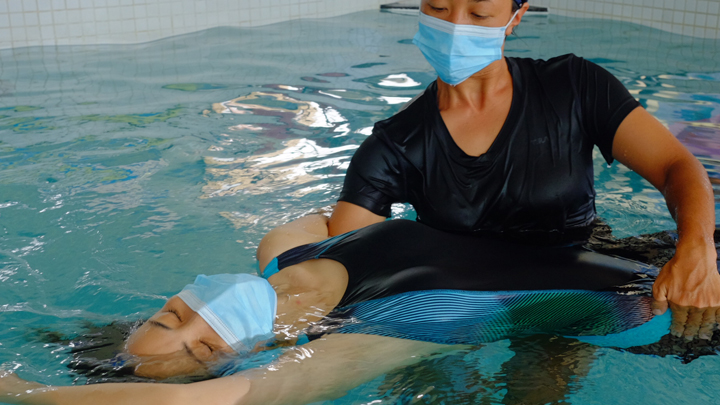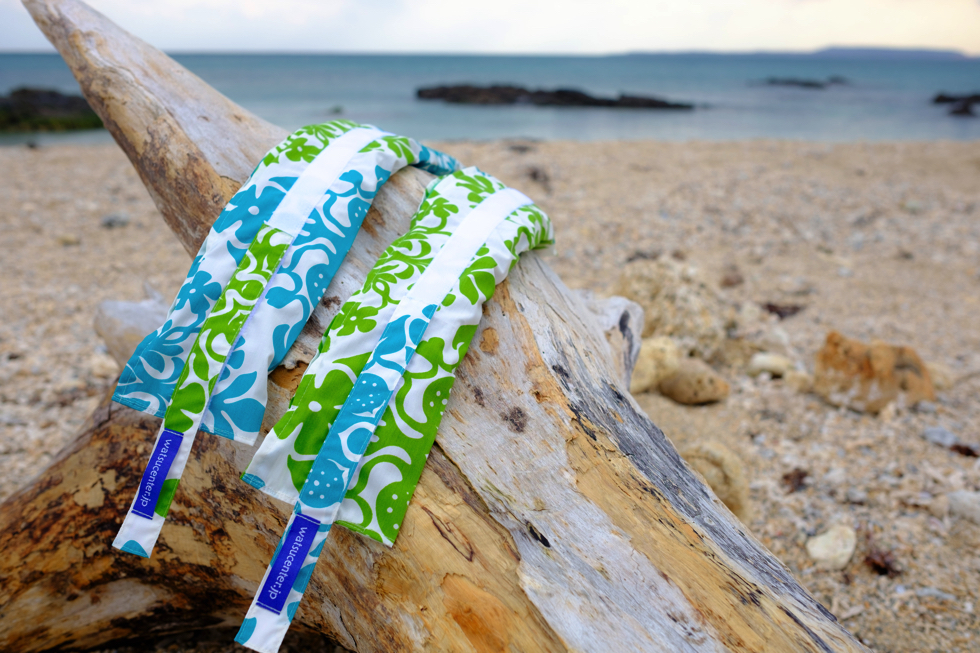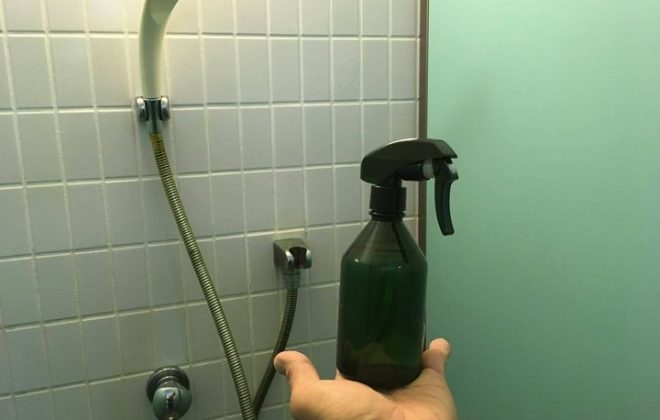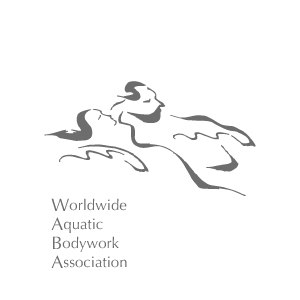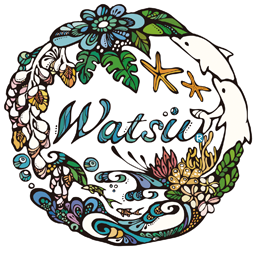Protective Measures during COVID-19
As we fight off the pandemic of COVID-19 and try to resume our business activities within the balance with our medical capacity, we, as Watsu professionals, need to have the proper protective measures. We need to keep updating our understanding of the virus and the local regulations, and we need to be clear with what is acceptable for us and what is not. We need to keep clear communication with our clients about our standards.
Getting to know COVID-19
What do we need to protect from?
There are still so many things that are not known for this virus. We just have to do our best with the best knowledge at the time and the best guess from the findings of the similar virus.
What are the infection routes?
- Droplets?
- Air?
- Contacts?
- Water?
Droplets
YES. Droplets are considered as the major route of infection of this virus. Especially when you get wet in the pool, it’s very easy to get coughing and sneezing.
Air
YES. We now know that talking, coughing and sneezing make droplet aerosols, which is the liquid particles that can carry virus and hang in the air around 1-2 meter range.
The liquid particles are too small for the regular surgical mask to stop transmitting. The study shows that, even though the regular facemask cannot stop inhaling the virus, it can stop virus from spreading out into the air.
The special camera shows the sneezing without the mask on the left and with the mask on the right. Watch the video footage below.
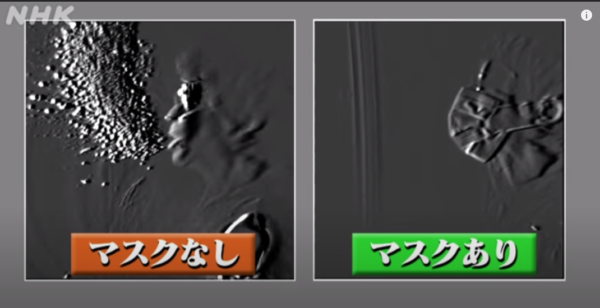
Watch YouTube >>> http://www.youtube.com/watch?v=67vtPEU0Jqc
We put on a facemask on behalf of others, not for ourselves. But if we all wear facemasks, we will keep the air safe for everyone, and this way we protect ourselves.
Ventilation of the pool area is also very important.
Contacts
We now know that this virus can stay on a hard surface for a couple of days. Touching the infected surface does not get you infected, but touching your face with your infected hands can get you infected. The transmission by hand is indeed very common. That’s why it is encouraged to wash hands frequently, and not to touch your face in public space.
It’s probably better to remind our clients of that. The facility may be disinfected every hour, we should be careful not to touch our faces as we go through the lockerroom, toilets, stairs and elevator.
Wearing a facemask will also help you not to touch your mouth and nose directly.
Water
There is no evidence that the virus that causes COVID-19 can be spread to people through the water in pools, hot tubs, or water playgrounds. Additionally, proper operation of these aquatic venues and disinfection of the water (with chlorine or bromine) should inactivate the virus.
US CDC
>>> Considerations for Public Pools, Hot Tubs, and Water Playgrounds During COVID-19
If the pool water is properly treated, there is little risk to be infected through the water. Corona virus and influenza virus (RNA type with envelope) are generally not active in the water or humid air. Adeno (DNA type with no envelope) and Noro, Polio, and Coxsackie (RNA type with no envelope) are the ones that are active in the water. The chlorine level is regulated to disinfect these viruses. For example, US regulates a free chlorine concentration of at least 1 ppm in pools.
Even though our receivers may dip their mouths in the water during the session, we don’t have to worry about the water transmission.
But we should encourage our clients to take a good shower before going into the pool. Organic materials on our skin like sweat, sebum, cosmetics and oils, eat up the free chlorine in the water. When the free chlorine concentration gets low, we can’t expect much disinfection in the water.
Protective Measures for COVID-19
How can we prepare?
This is the list of protection measures that we are preparing at Okinawa Watsu Center.
- Therapists check the body temperature everyday.
- Check client’s body temperature.
- We meet clients at reception and remind them to wear facemasks until we meet them at Watsu pool for further instructions
- Disinfect the common touch places.
- Ventilate the pool space as much as possible.
- Sanitize the pool water properly at all time.
- A thorough shower from the head to toe for more than 20 seconds before entering the pool.
- Facemask for everyone in Watsu pool.
- A goggle or a face shield is optional for the therapists.
- Underwater work is suspended.
World Health Organization finally acknowledges that COVID-19 has its most infectious phase before the symptom occurs, and that more than 40% of the COVID-19 infection comes from non-symptom or pre-symptom carriers, which was already publicized by Nature Magazine on April 15.
Now, WHO has changed its view and recommends that everyone should wear facemasks in public space, though they used to say that only people with symptoms should wear facemasks.
We need to assume that anyone can be a carrier. And there’s no Watsu move that is called social distancing. In Watsu sessions, both therapists and clients should wear facemasks.
How can we put a facemask on the receiver?
This is the best solution we’ve found so far.
>>> DIY The Beak. Facemask frame for Watsu
